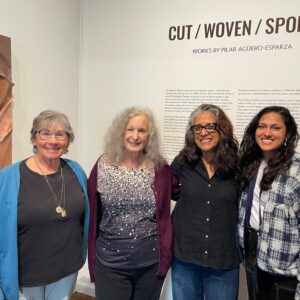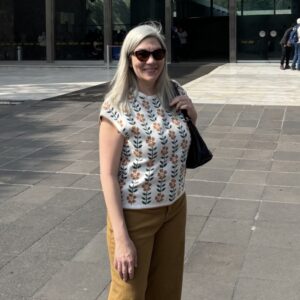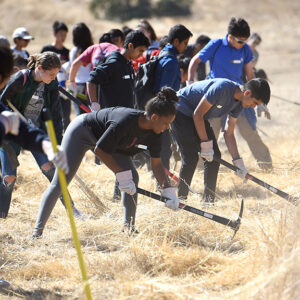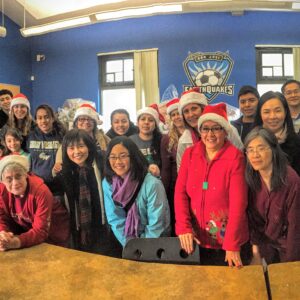This article originally appeared in the spring 2011 Harker Quarterly.
Aristotle said that happiness is the highest good. Amy Chua, of “Tiger Mom” fame, said she did it all for her girls’ happiness. It is no fun being mediocre. Activities are more fun when you are really good at them. Life is no fun when you are struggling to succeed. Hard work is the secret to happiness. Or is happiness the secret to hard work?
My Aunt Celia used to say that hard work never killed anyone. She was one of the hardest workers I knew while growing up. She cleaned her house spotless every day. I think she enjoyed it. I am not sure my uncle did.
Bob Milne, top ragtime and boogie woogie artist, played for our upper school students in January. A student asked him how much he practiced. Mr. Milne said he never practiced. He never took a lesson. He taught himself piano by ear.
He used to play for seventeen hours straight in a bar. He plays what he hears in his head without reading music. His playing is masterful.
I am sure Mr. Milne worked hard and probably has a different definition of practice. If you love what you are doing, then it is not practice. Music is supposed to be fun. It should bypass the head and pierce the heart. Audiences listen with their ears, he reminded us. You have to play with your ears open. You have to play with your heart open.
Plants just grow. That’s what they do. But they need good soil, weather and even a stake in the ground sometimes. Young people too may need these things to grow, a good environment and structure. But we can’t do the growing for the plant or the young ones in our care. They have to do it.
Most pursuits at the level of excellence require some kind of technical proficiency, if not mastery. But proficiency without soul is simply mechanical. We have all heard piano recitals that display technical mastery but lack emotional understanding. We have all learned something mechanically but not deeply. I still am unclear how I passed my high school chemistry final. I didn’t understand chemistry.
Yes, we need technical mastery. At some point you just have to practice multiplication tables, musical scales. But, sooner or later, love must enter the picture. Shawn Achor, author of “The Happiness Advantage,” reminds us that happiness creates success, not the other way around.
Musical scales or tennis forehands without love do not lead to happiness. Read Andre Agassi’s autobiography, “Open,” to see what happens when there are hours of forehands without love.
So yes, we need to guide, nurture and occasionally drive a stake into the ground to help our children grow to their fullest potential. But we also have to let our children lead the dance. Do children have to understand hard work and practice? Do they need discipline? Yes, of course. But discipline comes from the Latin “instruction.” You cannot have instruction without love. Any activity without soul, love or deep understanding is not sustainable.
Aristotle said happiness is the only thing we pursue for its own sake, not for anything else. Despite Thomas Jefferson’s claim to our right to the “pursuit of happiness,” most spiritual traditions teach us that happiness cannot be pursued. Aristotle agreed. Happiness happens as a summation of all of the goods. This is not causal, but summative.
I think the same is true of any pursuit of excellence. It cannot be directly pursued, but is more the summation of many ingredients. The most important ingredient is love of the activity itself. Where there is love, excellence may follow, but only after hard work. And like Bob Milne, we may not even consider it work at all.











